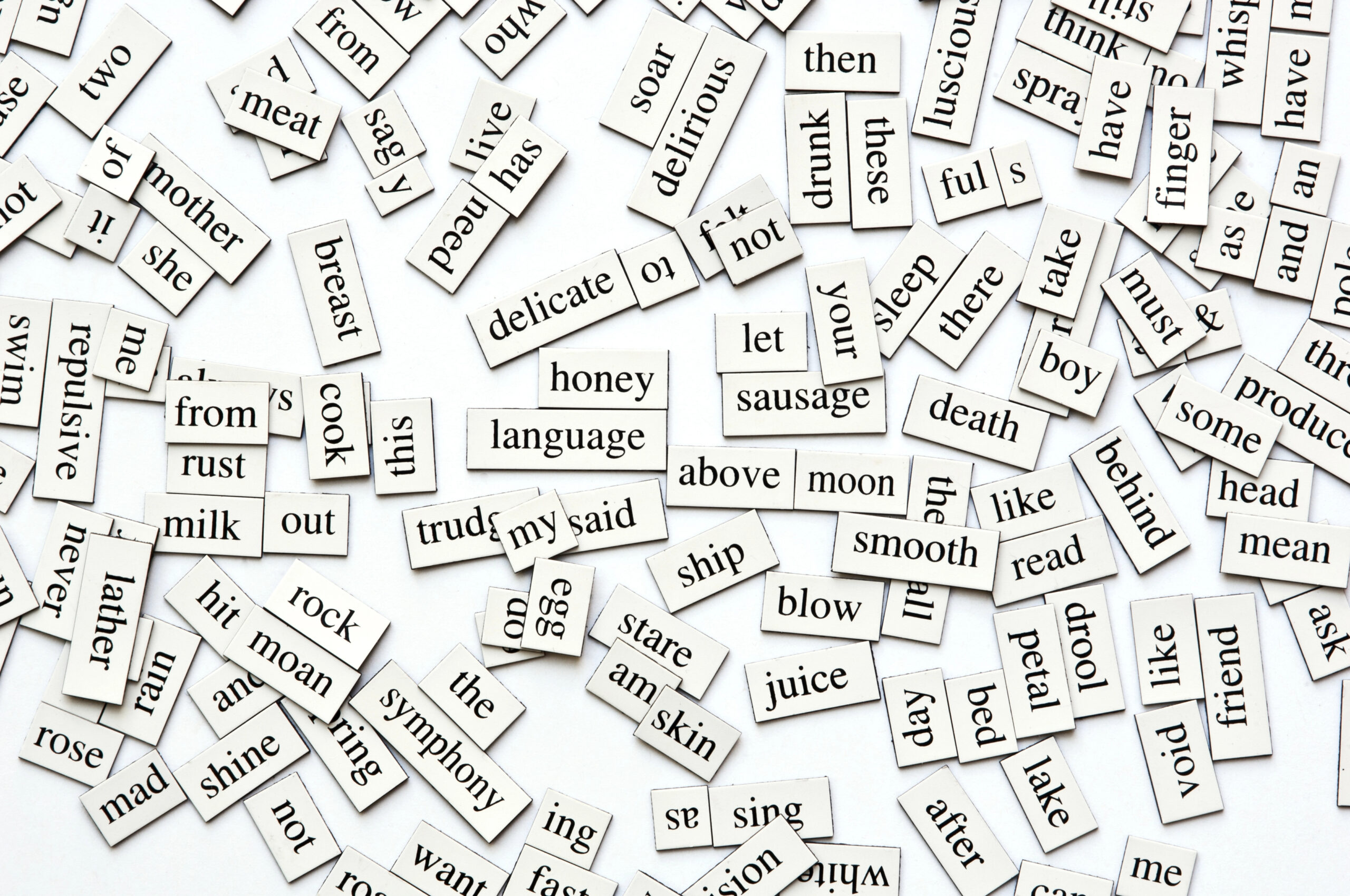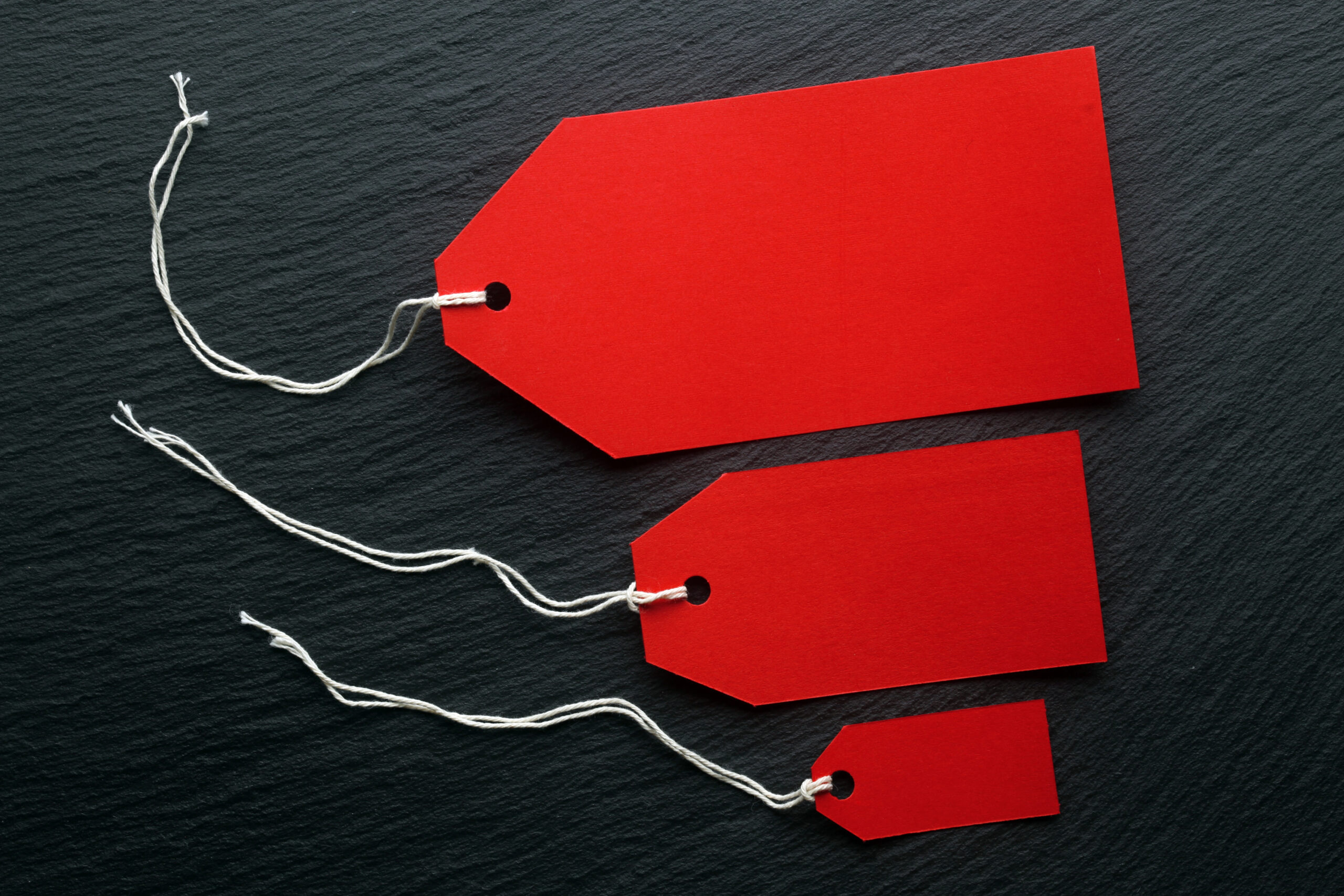Our online community, the Business Oasis, has been rife with some great debates recently. One centered on whether, when you write articles or blog posts, you should talk to your readers as a friend and peer, or as an “expert” speaking down from on high.
You can be a friend to people and share the vulnerability of your journey, and people tend to like this, it helps to create connections.
And yet, if you’re the expert, your readers might actually believe they can get the help that you offer and be willing to hire you. Which would be nice, seeing as how you’re running a business and all.
The obvious answer is to do both, and you can stop reading right here if you like, because you’ve got the punch line already. Yet if you’ll stick with me, I’d like to explore it a little more deeply.
The Divine Quality of Lordship
Whoa, talk about Old Testament. Please forgive the English translation, but in Sufism the Divine Quality “Ar-Rabb” is often translated as “Lordship.” The Qur’an talks about it like this: “The One sees a black ant on a black rock at midnight, and knows what it needs, and gives it what it needs.”
Your readers and clients need help! Maybe not every single one of them every single time you write. But the reason you’re in business, and a big part of the reason they want to read you, is because you have help you can offer them for some problem they are facing.
Tell them how best to support their immune system during flu season, or how to get a return call from a cold-call voicemail, or how to manage that awkward, difficult employee or how to talk to their spouse about household chores without creating an argument.
Whew! Thank goodness you helped them. Only, did you just get too big for your britches? Or for theirs? (Get outta their britches!)
The Heart Likes to Be Small
I don’t mean your heart likes to limit love, but the spiritual heart that yearns to be in service is essentially humble, and doesn’t like to grandstand. This may be part of the legitimate reason you resist being an expert. It’s okay to nourish that humility, but not by risking the welfare of your readers.
On the scene of an accident where someone is lying in the road, you’ll find the paramedic crouching, knees bent, close to the ground, holding out a helping hand. But they’re still on the balls of his or her feet, still in the center of his or her gravity.
Unfortunately, many people do just the opposite with their vulnerability, they collapse. Collapsing is when you let go of that sense of core strength and wisdom that is the wellspring of your expertise. Instead of reaching out a helping hand, you lie down next to the accident victim.
Are the only choices “expert” or “collapse”? Or can you find the sweet spot in the middle?
Keys to the Vulnerable Expert
- Don’t Use Expertise To Keep Your Distance.
When someone is hurting, it’s easy to go into “expert” mode to try to fix them, because *you* are uncomfortable with their struggle. It’s never fun to watch a client struggle to get a business going when their home is at risk of foreclosure, or to struggle with illness when their life is on the line.
If you can find a place in your heart that is okay with their struggle, that knows just like the struggles you’ve faced in your life, they will access resources allowing them to see their way through, even if their house does go into foreclosure. It’s hard for us to guess where the blessings are, because they don’t always look like blessings.
When you find that acceptance in your heart for their situation, then you won’t be using your expert status to create distance from their pain. And they will trust you more.
- Don’t Tell Your Struggles In an Effort To Create Intimacy
When someone is hurting, there’s a tendency to tell your own similar story to create closeness with them.
“You know, I’ve struggled with being an expert, too. One time I got on my high horse and talked at people in the audience for an hour straight, and at the end they all walked out. No one even asked for my business card or anything.”
When the client’s pain triggers your own pain, you may be tempted to tell a story to unconsciously ask for witnessing, love or support. Your poor client, who is already overwhelmed and hurting, hasn’t received any true empathy and will probably glaze over and go away.
Instead, tell stories that you have some sense of completion about, so you can give them as examples in learning. And even then, use some empathetic statements in your writing prior to the story.
- Always Ask “How Does This Help?”
While writing, after you’ve given some bit of advice, or shared a story or vulnerability of your own, take a moment to re-read it. Ask in your heart: “How does this help the reader? Is there any way in which I’m trying to take instead of give through this writing?”
Notice your heart’s response. If you’re needing something–approval, understanding, acceptance–see if you can access that through your own heart. Once you do, notice if you have an urge to change what you wrote.
The story I told above about being an expert? What if it went like this: “I got on my high horse and talked to people for an hour straight. At the end, everyone left without asking for my card–and who could blame them? Since then, I’ve always taken care to empathize and connect with my audience in addition to giving my expertise, and it always pays off with valuable connections.”
Don’t abandon your expert status–your clients need it! And be willing to be vulnerable in a way that serves the reader and doesn’t take from them. Your heart will guide you, and your readers will follow your heart.







12 Responses
WOW!
Totally freaking awesome article!
I like the notion of BOTH/AND …
Love the writing Bro!
LL
Lyle T. Lachmuth – The Unsticking Coach
This is my favorite part of your article:
“If you can find a place in your heart that is okay with their struggle, that knows just like the struggles you
Absolutely agree that expert + friend is the way to go. I like the way you’ve unpacked that a bit, shown some of the specifics.
Friendly, respectful, humble expertise is harder to develop than just walling everything off and becoming a kind of robot-deity, the way doctors were once trained to do. But it’s also more helpful and a much more enjoyable path to walk. IMHO. 😉
Sonia Simone
Thanks, Mark. I love when your article touches something that feels so true for my heart.
It’s challenging when a client is struggling with something I myself never struggled with. Humbling too. When it’s an issue I’ve been through and found closure in as Char mentioned, I can approach the situation from place of peace.
But when it’s something I haven’t gone through and fear, Whoa! Fix-it City here I come!
I’m just starting to get in the habit of turning to the Divine when I experience the feeling of “Omigod, I’m so uncomfortable with what this person is experiencing.” It helps a lot.
Peace,
Judy
Mark, I’ve been reading your articles for years now, and this may be the best one yet.
It’s so, so true that when we have an agenda for our clients (or anyone), even if the agenda is that they get what they want, then we become “sticky” for their situation.
And we tend to end up making them feel wrong for where they are right now.
And we tend to end up carrying away all their stuff with us.
So we may or may not have actually helped them, we run a risk of making them feel worse, and we run a risk of making ourselves feel like crap. What a situation, all out of an apparently reasonable, caring desire to help!
In the knowing that they are already whole, we can allow them the space and peace to find their own knowing of what they want, what action is right for them in this moment – as you say, where the blessing is for them.
And we’re free to provide the help, support, expertise that comes through us, without an agenda, but with great compassion.
I don’t know if I’m making sense here! 🙂 In any event, thank you for a very beautiful and peaceful article.
Grace Judson
Progress not perfection as they say.
Meow Meow (Blessings)
Judy
@Lyle- I am so glad it landed so strongly with you, brother- thanks for the kudos!
@Char- Thanks! I’m glad you’re doing the work you’re doing, with the big heart you have.
@Sonia- it is harder to develop- On the pedestal, off the pedestal. Stand strong, be humble… I think you’ve got a great way of holding all of this, yourself. thanks for being on the path.
@Judy- you black cat, you. 🙂 Fix-it City has been one of my favorite destinations in the past. Thankfully, I’ve been derailed there enough times that the tracks are kinda hard to get to… I still manage it, but we’re all just getting better and better at this, eh?
@Grace- Totally makes sense- and really glad you put words to it all. In my Sufi training, I remember one aspect of the healing is to just receive and radiate the perfected image of the client back to them through the heart- and how amazing transformations would happen from that alone.
Hey Mark!!! I love it.
And I’ve rewritten my take-home point from your article:
When your friend/casual-acquaintence/fellow-bus-passenger/anyone-else-you-meet’s pain triggers your own pain, you may be tempted to tell a story to unconsciously ask for witnessing, love or support…Instead, listen a lot before you tell stories that have some sense of completion about, so you can give them as examples in learning.
Thank you, Mark!
Blessings,
Bevi
@Judy- Thanks for the kitty-translation services. 😉
@Cairene- It’s quite a question, isn’t it? There are so many ways that *look* like giving and are actually taking. The human ego is a wondrous little mischievious thingamadoodle.
@Bevi- Love your re-write! It’s a good take-home point, isn’t it? I write these things because I have to keep reminding myself, too.
Mark – this is so true – you have put that whole conglomerate of delicate balance together so beautifully. I say ditto to all the comments above. Of the many favorite parts, I’ll also mention the one of the paramedic – on ground level with the collapsed person in need, but not collapsed with them . . . still balanced and strong; both completely present and separate enough to see what’s needed and make a difference. Thanks immensely.
Catherine
http://fullcirclefacil.wordpress.org
Catherine
@Catherine- It IS a delicate balance, isn’t it? And, can you tell I miss being a paramedic, at least a little? I keep sneaking references to that time into my writing… All well, can’t be everything all at once.
Thanks for coming by- I’m glad it helped so much!